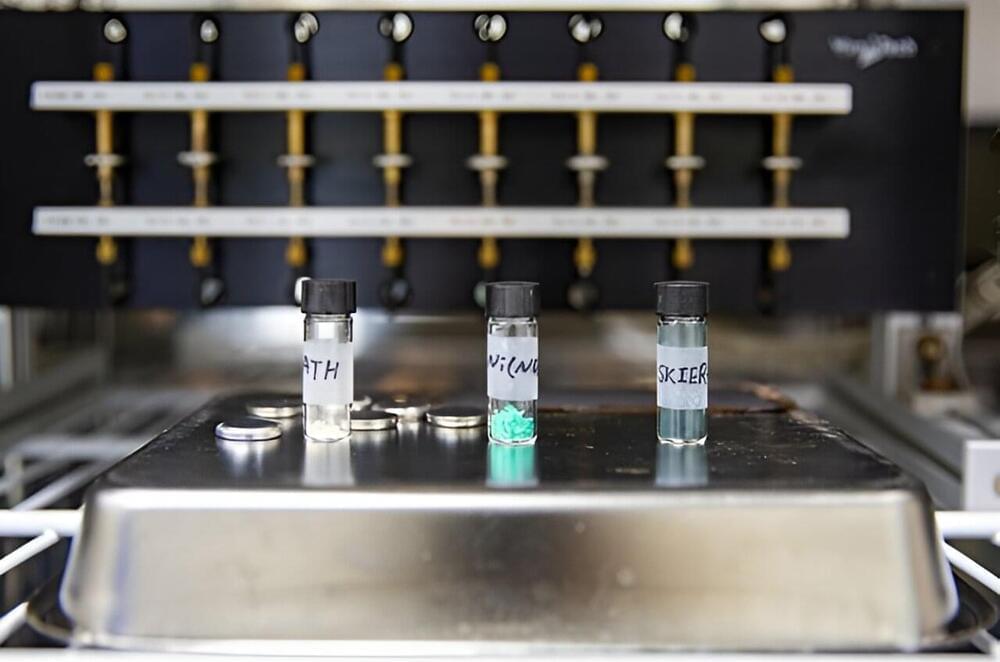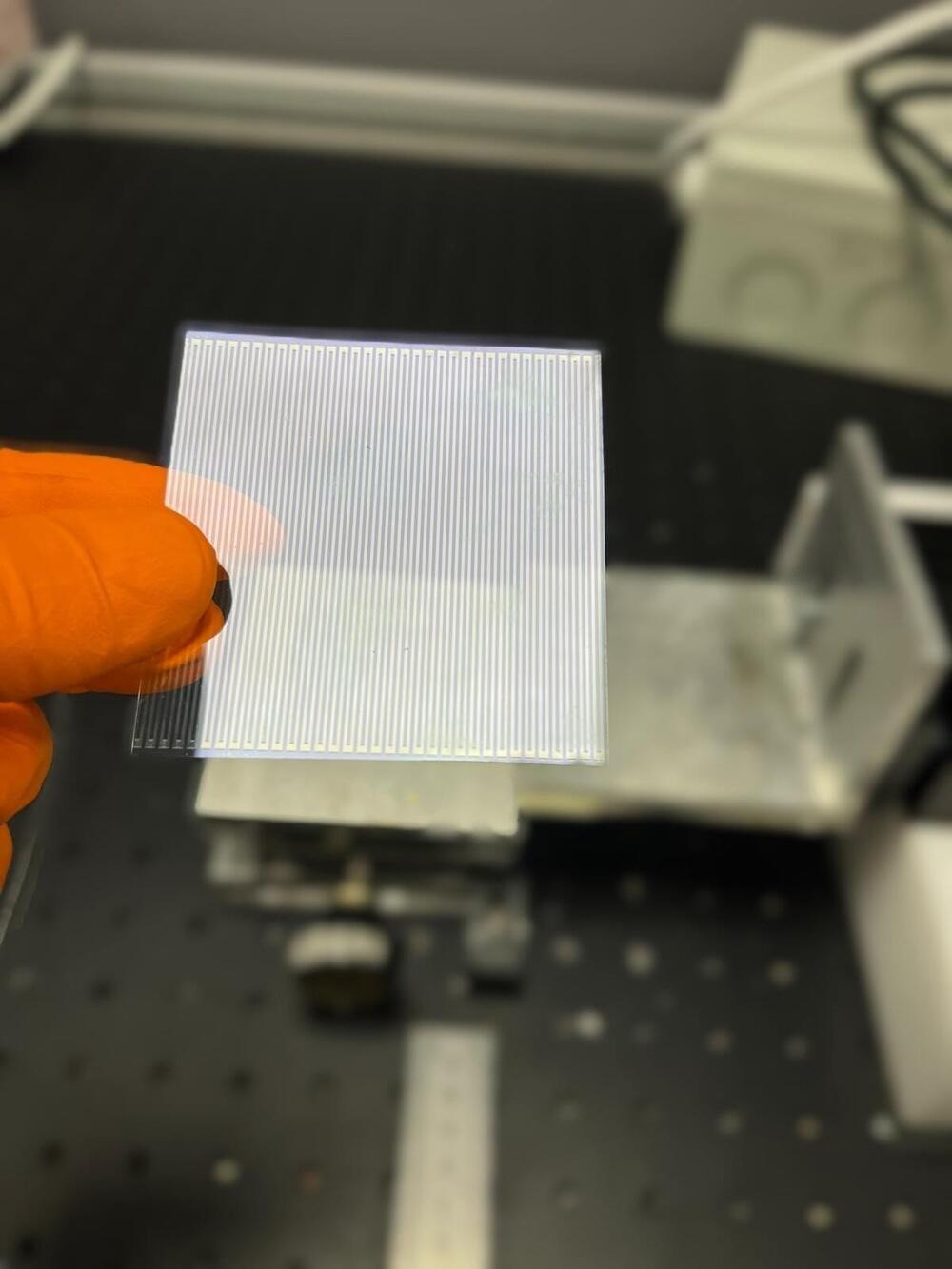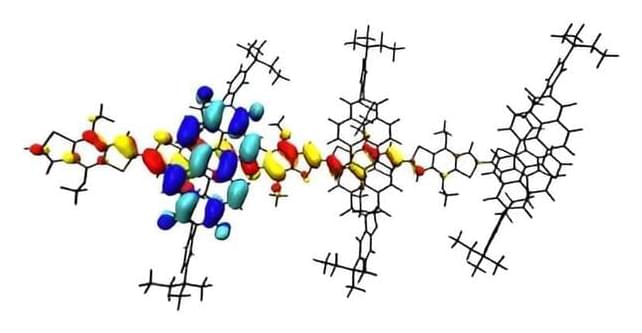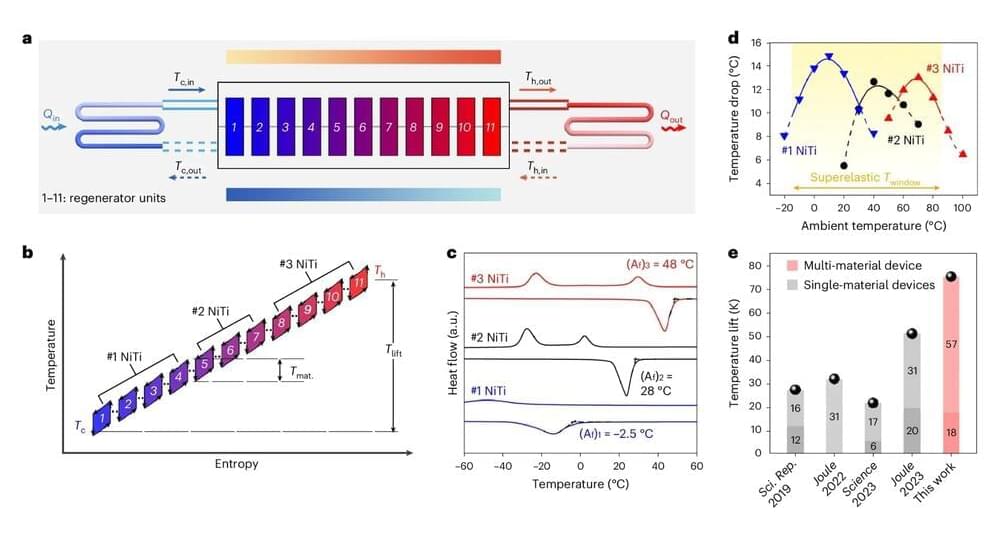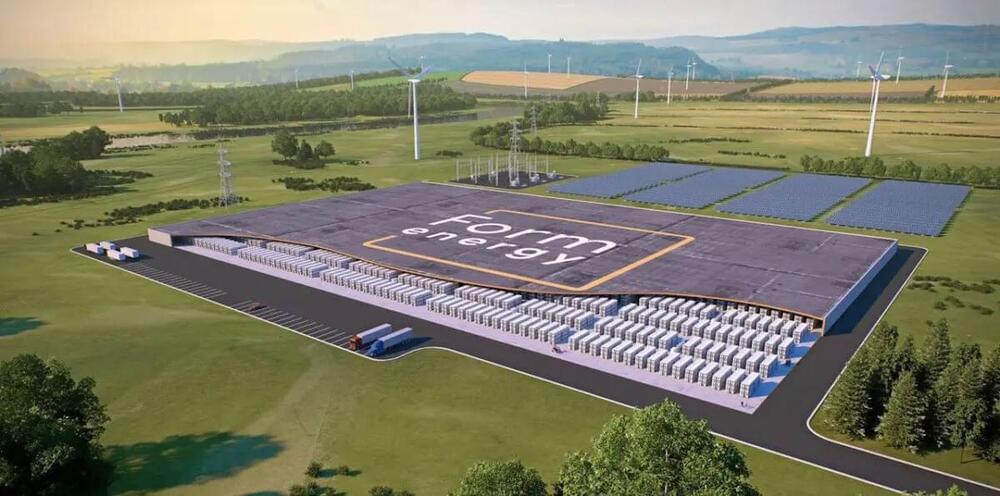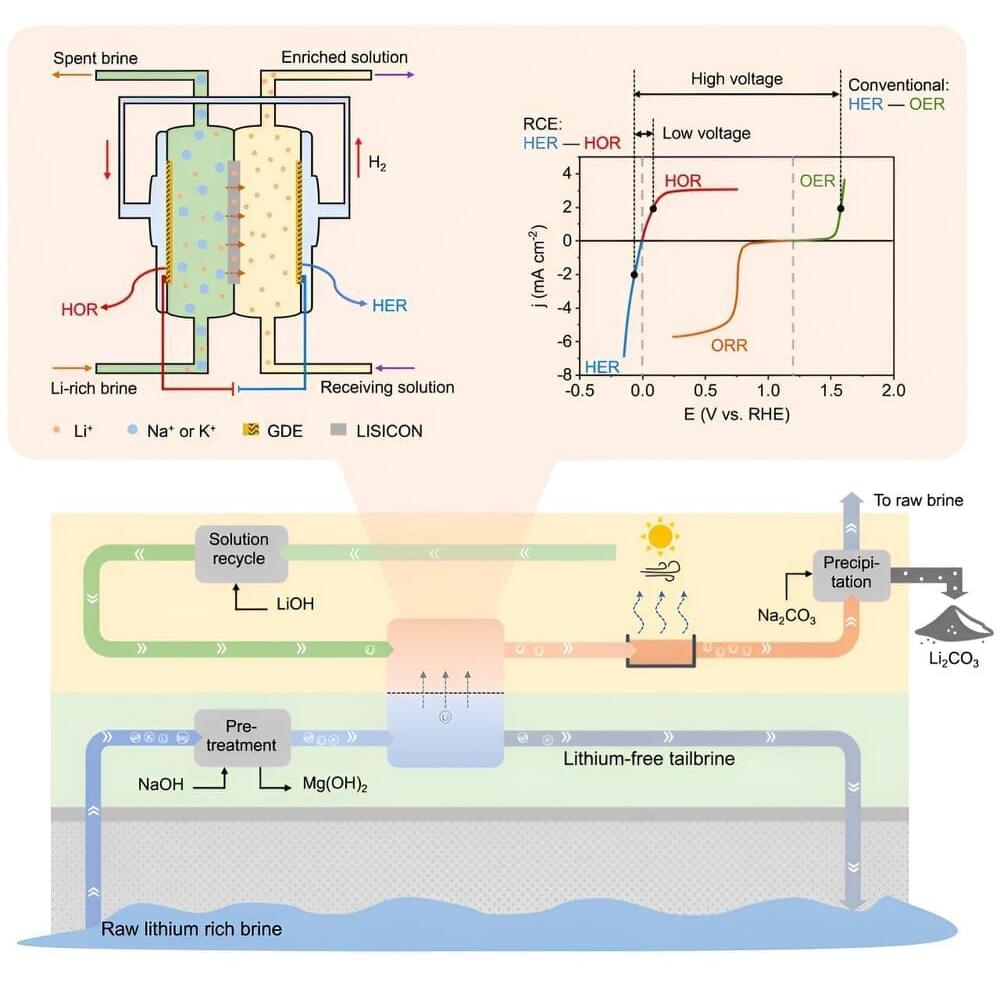Aug 23, 2024
First American sodium-ion battery factory will make cells with lifespan of 50,000 cycles that charge in 10 minutes
Posted by Genevieve Klien in categories: chemistry, energy, sustainability, transportation
Built by Natron Energy, the Edgecombe County facility is planned for 24 GWh of annual capacity, which would turn Natron from a startup into the first sodium-ion battery production juggernaut on US soil.
Sodium-ion batteries are cheaper, safer, with much longer lifespan and faster charging than conventional Li-ion packs.
Chinese companies are already using them in grid-level energy storage systems of local utilities, to balance their renewable energy mix. Some sodium-ion battery packs are even making their way into electric vehicles there, even though the chemistry offers lower energy density than Li-ion batteries.

